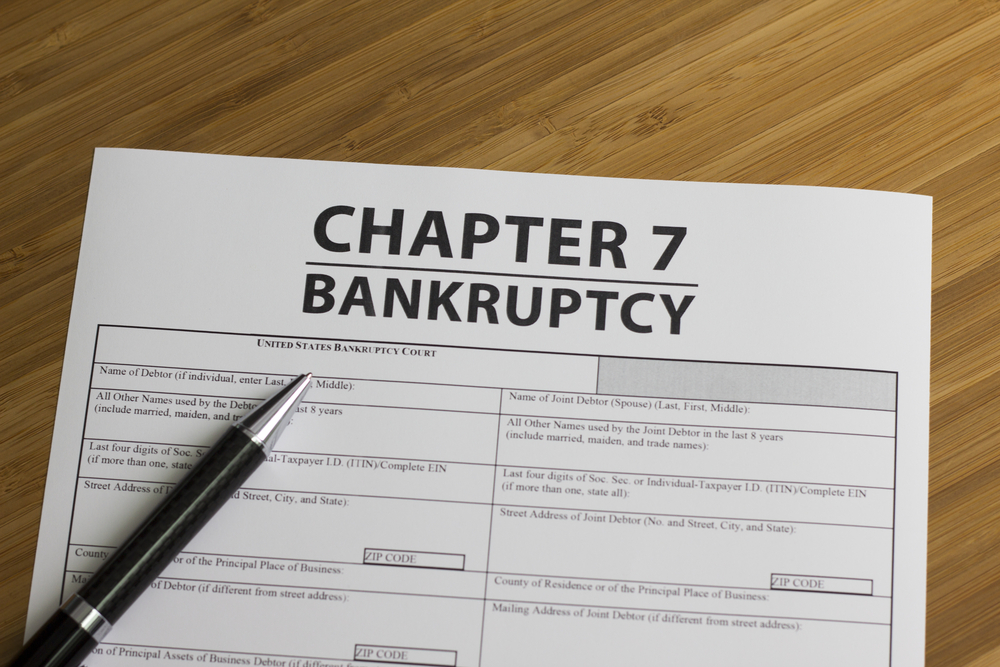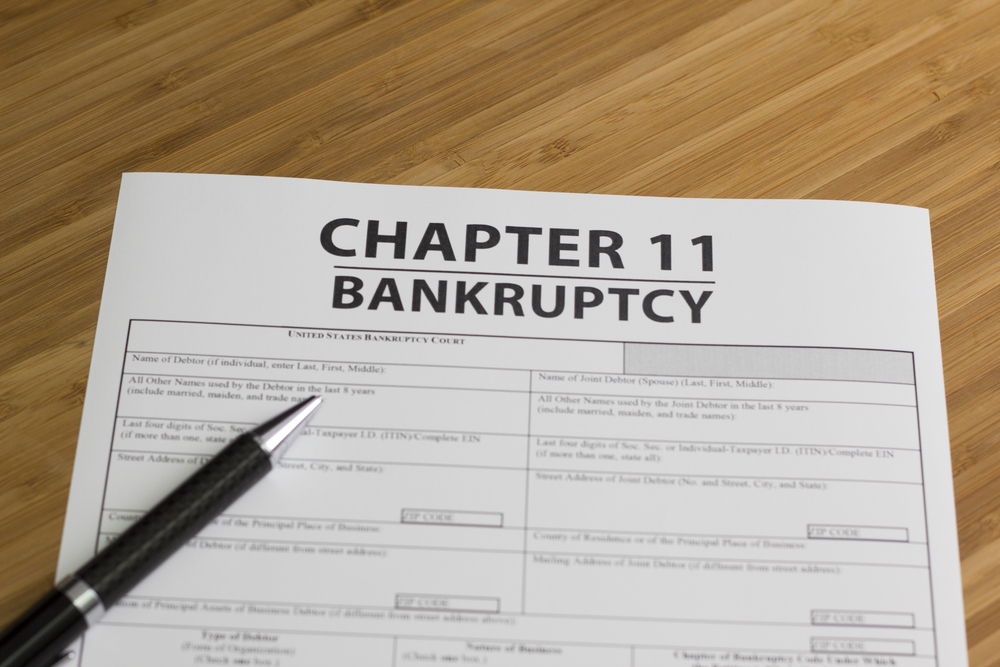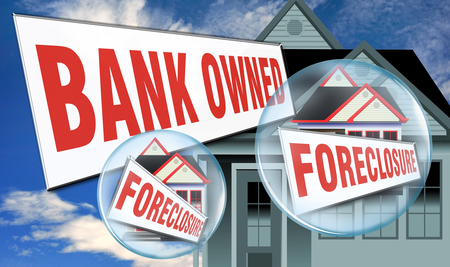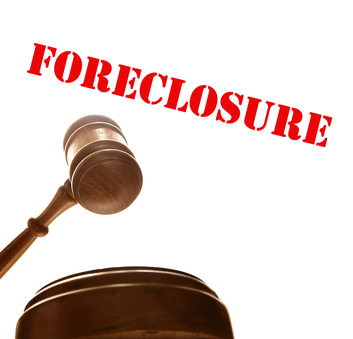LENDER ALERT: CFPB Proposal for Mortgage Servicing Changes to Prevent Expected Wave of Foreclosures Related to COVID-19
By: Michael L. Moskowitz and Michele K. Jaspan
 A new rule proposed by the Consumer Financial Protection Bureau (“CFPB”), would create a new pre-eviction review period to grant millions of Americans more time to figure out payment options before Covid-19 federal mortgage protections expire at the end of June. A copy of the proposal can be found here.
A new rule proposed by the Consumer Financial Protection Bureau (“CFPB”), would create a new pre-eviction review period to grant millions of Americans more time to figure out payment options before Covid-19 federal mortgage protections expire at the end of June. A copy of the proposal can be found here.
This proposal would also prevent mortgage servicers from initiating a foreclosure against delinquent borrowers until after Dec. 31, 2021. The rule would apply to all mortgages, both federal and private, on a principal residence.

 In a recent opinion of note, the Bankruptcy Court for the Eastern District of California sided with the majority of courts in holding section 362(c)(3)(A) of the Bankruptcy Code does not apply to property of a debtor’s estate. In re Thu Thi Dao, Case No. 20-20742 (Bankr. E.D. Cal. May 11, 2020). Read the full opinion
In a recent opinion of note, the Bankruptcy Court for the Eastern District of California sided with the majority of courts in holding section 362(c)(3)(A) of the Bankruptcy Code does not apply to property of a debtor’s estate. In re Thu Thi Dao, Case No. 20-20742 (Bankr. E.D. Cal. May 11, 2020). Read the full opinion  n a recent opinion of significance, the Bankruptcy Court for the Eastern District of New York held that a court cannot legitimize a void foreclosure sale with a nunc pro tunc order. In re David Telles, Case No. 20-70325 (Bankr. E.D.N.Y. April 30, 2020). Read the full opinion
n a recent opinion of significance, the Bankruptcy Court for the Eastern District of New York held that a court cannot legitimize a void foreclosure sale with a nunc pro tunc order. In re David Telles, Case No. 20-70325 (Bankr. E.D.N.Y. April 30, 2020). Read the full opinion  Whether a mortgagee has standing to foreclose on a home loan is a frequently litigated issue in mortgage foreclosure actions in New York. Simply put, a mortgage lender has standing to foreclose on a promissory note if it is the holder of the note at issue at the time the foreclosure action is commenced. As is set forth in more detail below, a recently enacted law in New York provides that the defense of “lack of standing” in a foreclosure action is not waived if the defendant fails to raise the defense at the start of the litigation, thus introducing a new level of uncertainty in foreclosures and possibly prolonging an already lengthy, and costly, procedure for lenders.
Whether a mortgagee has standing to foreclose on a home loan is a frequently litigated issue in mortgage foreclosure actions in New York. Simply put, a mortgage lender has standing to foreclose on a promissory note if it is the holder of the note at issue at the time the foreclosure action is commenced. As is set forth in more detail below, a recently enacted law in New York provides that the defense of “lack of standing” in a foreclosure action is not waived if the defendant fails to raise the defense at the start of the litigation, thus introducing a new level of uncertainty in foreclosures and possibly prolonging an already lengthy, and costly, procedure for lenders.  By: Michael L.
By: Michael L. New York’s Real Property Actions and Proceedings Law (“RPAPL”) § 1304 requires a mortgage lender to notify a residential home borrower of an impending foreclosure action at least 90 days before the foreclosure action is commenced, using specific statutory language, printed in 14 point type, sent by registered or certified mail, as well as by first class mail, to the borrower. The emphasis of this article is the peril which will befall a lender if it fails to timely register the statutorily mandated notice.
New York’s Real Property Actions and Proceedings Law (“RPAPL”) § 1304 requires a mortgage lender to notify a residential home borrower of an impending foreclosure action at least 90 days before the foreclosure action is commenced, using specific statutory language, printed in 14 point type, sent by registered or certified mail, as well as by first class mail, to the borrower. The emphasis of this article is the peril which will befall a lender if it fails to timely register the statutorily mandated notice. 







